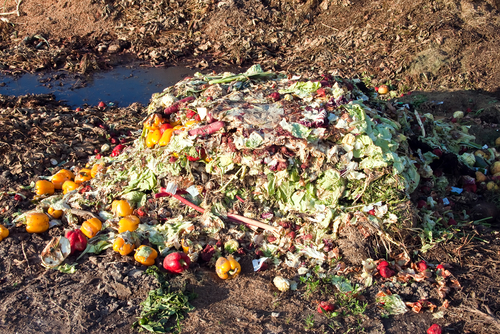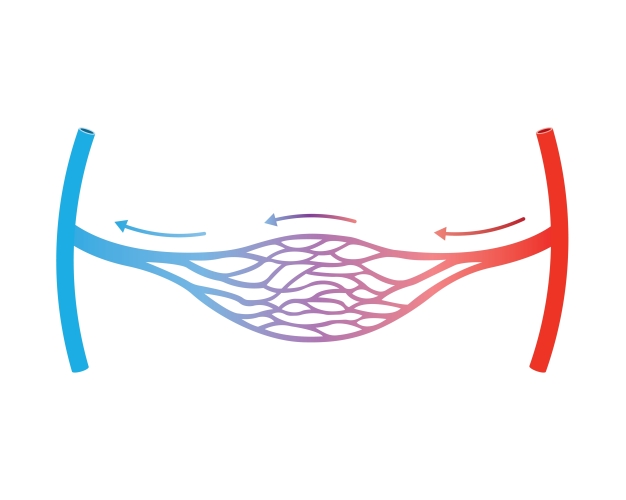Think of your body like a school: everyone in the school needs food, water, electricity and so on. Then, everyone generates waste that needs to be taken away.
Moving stuff into and out of the school requires a transport system - that's the equivalent of our blood. In the school, lorries and vans deliver all sorts of goods, the postman brings letters and parcels, and water and electricity are delivered through pipes and cables. Then, the rubbish goes out in waste vehicles, in drains and so on.



Your own body's circulation system is like this: it delivers food and oxygen, taking away the waste from respiration, like carbon dioxide and protein waste (called urea which goes to make the urine we excrete from the body).
The different blood vessels have jobs to do:

Arteries are thick-walled (to withstand the pressure from the heart) and pick up substances to deliver all around the body.
Veins are thinner-walled and deliver wastes to organs like lungs and kidneys on the journey back to the heart.
Capillaries are the tiniest blood vessels of all (thinner than a hair in your head!) and spread out amongst our organs and tissues to make sure that every cell is supplied with what it needs and has its wastes picked up.
You will already know quite a lot about it, so now's your chance to check that and perhaps extend your understanding a little further.
Are you ready?
.jpg)







